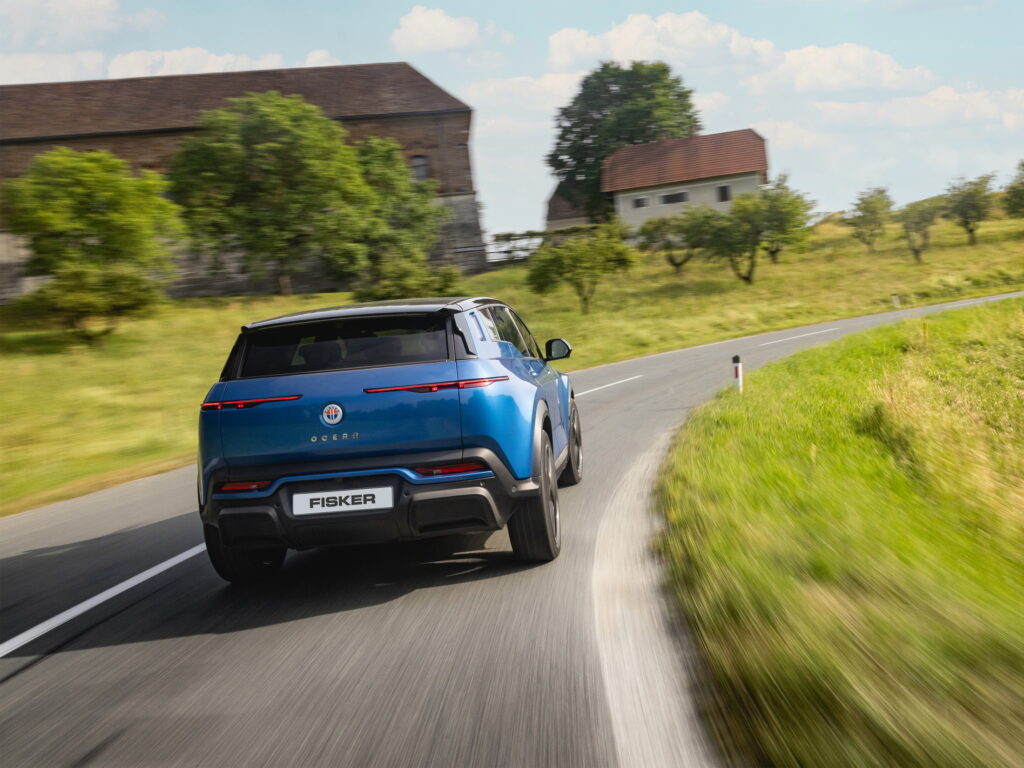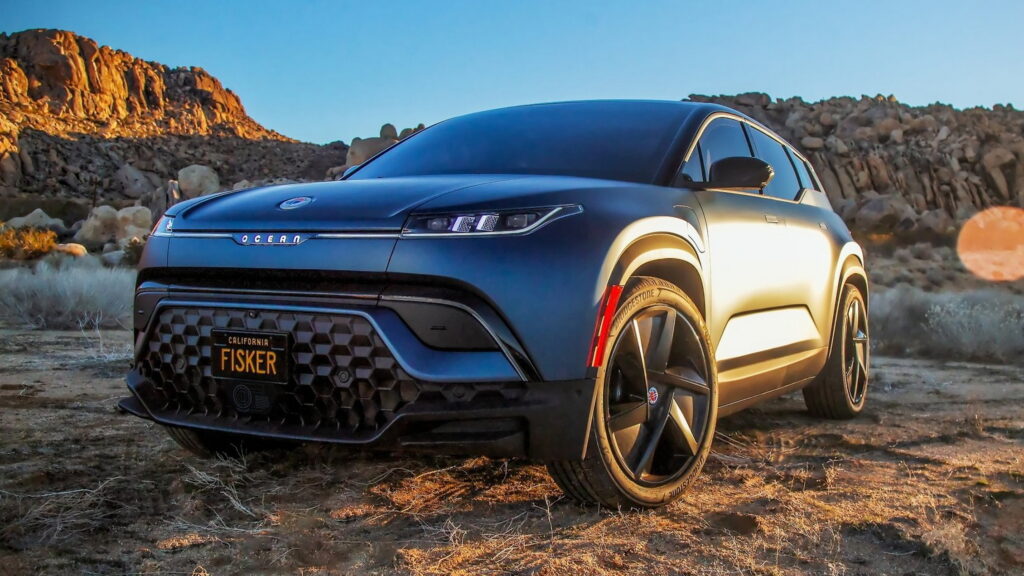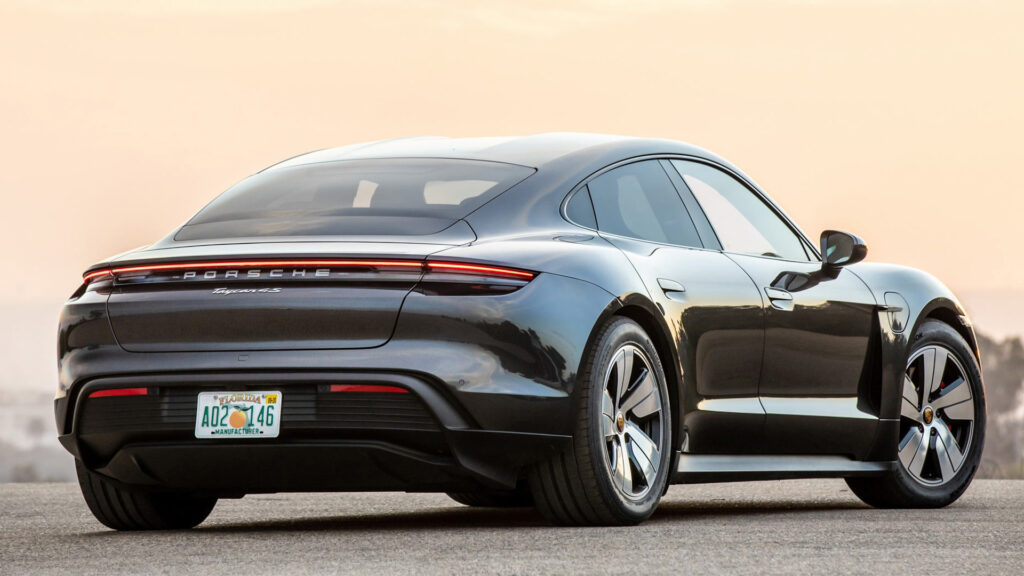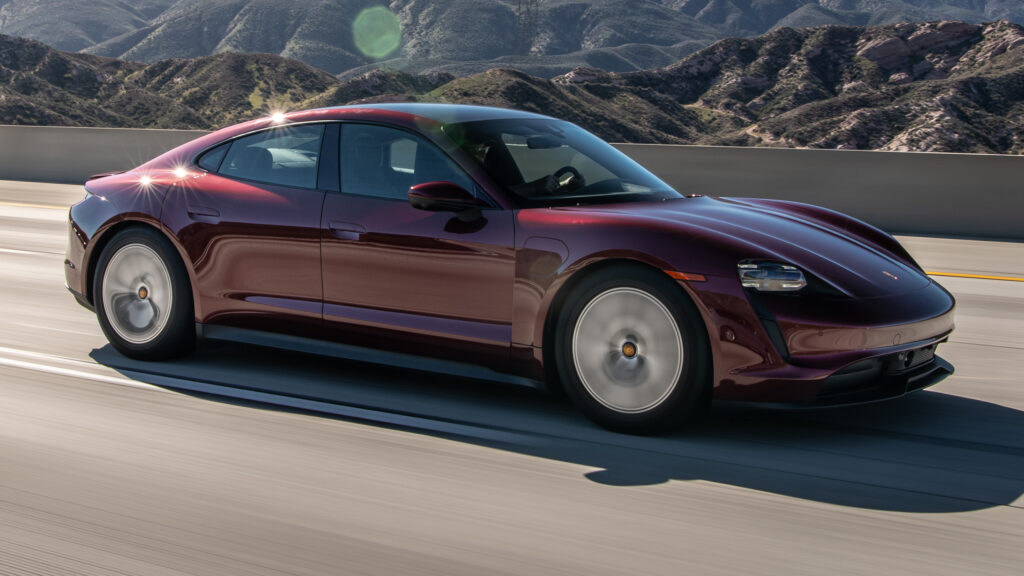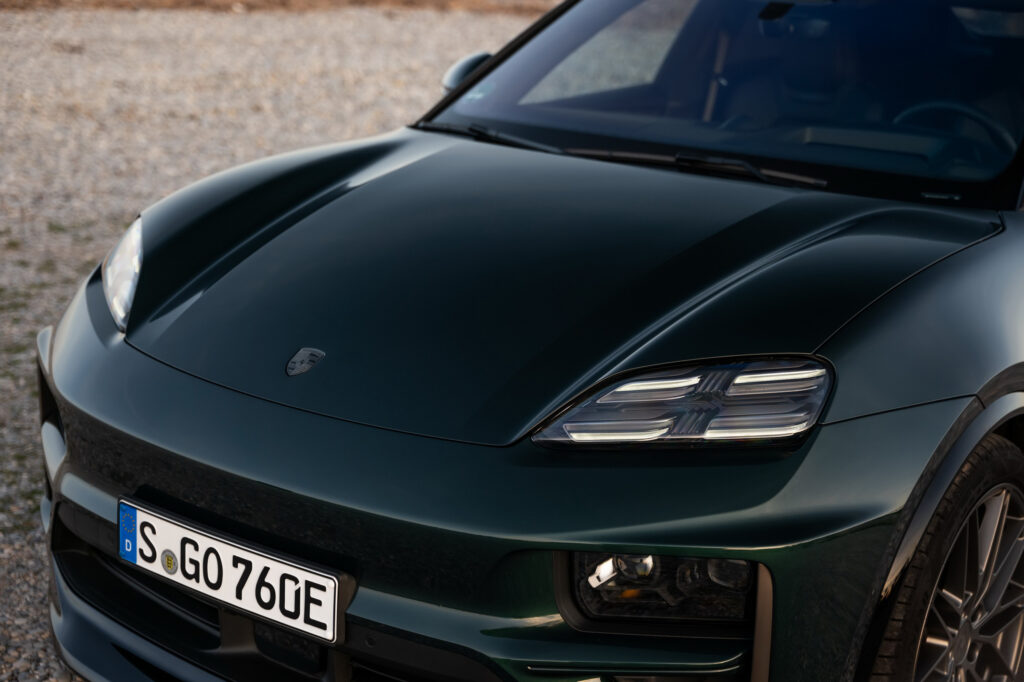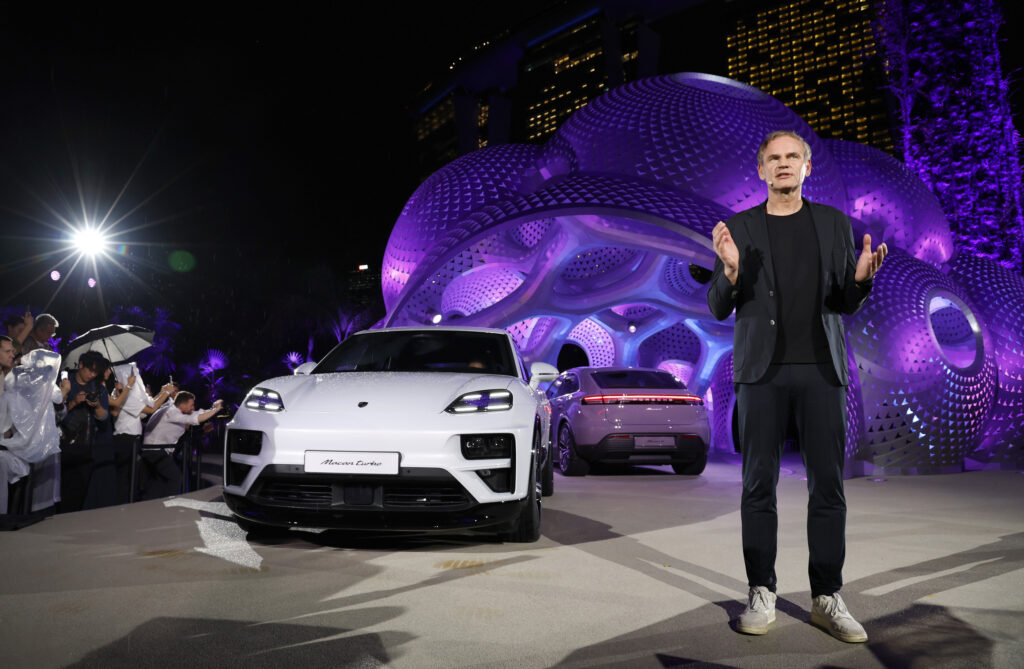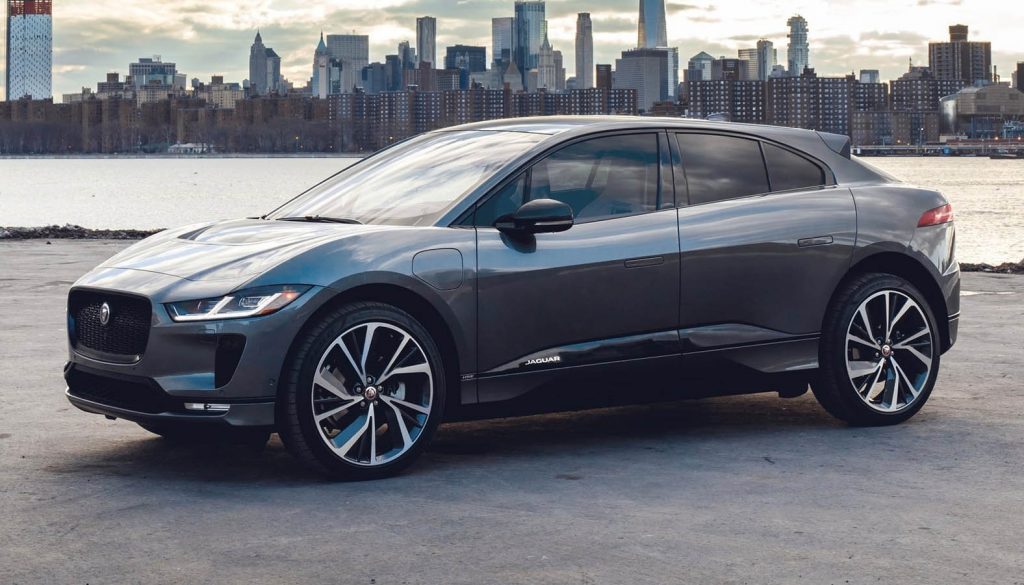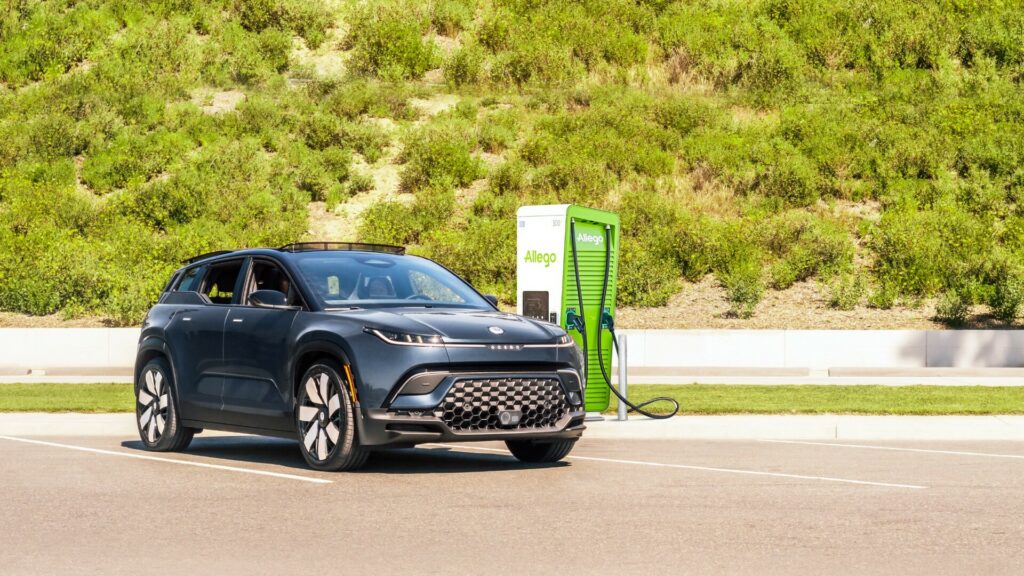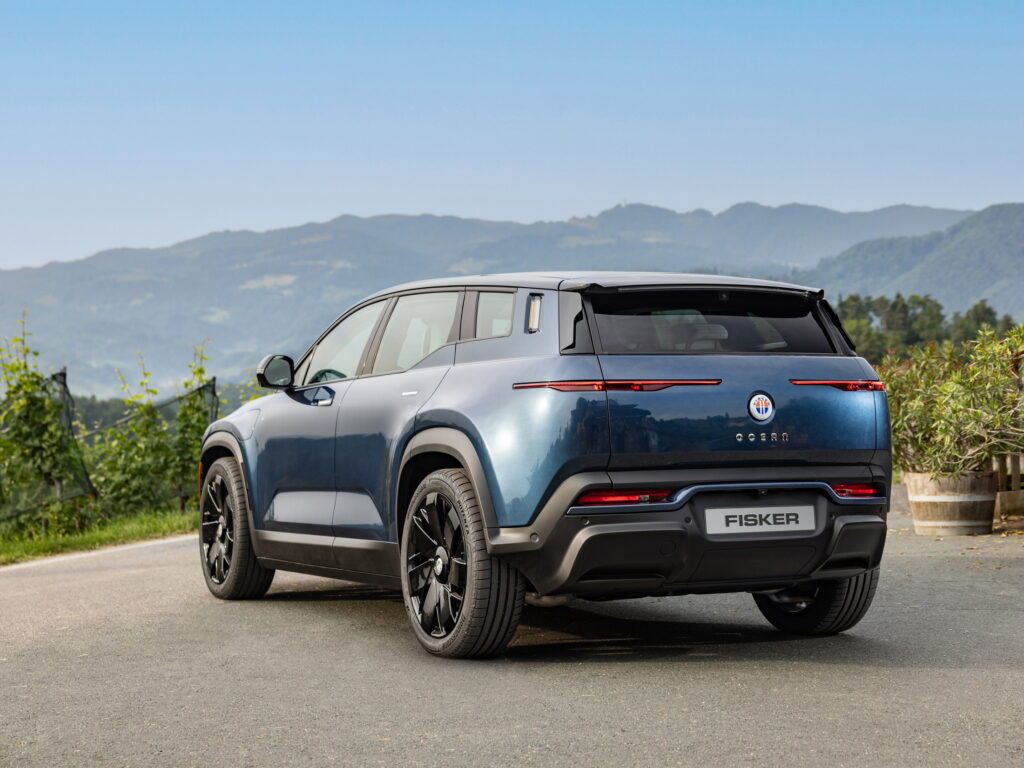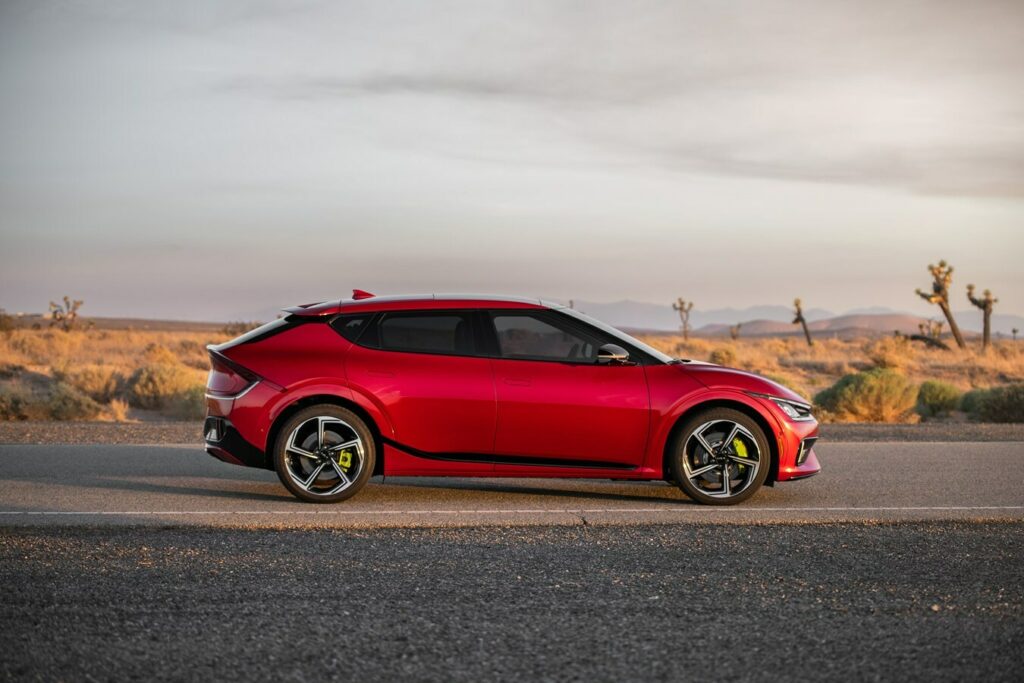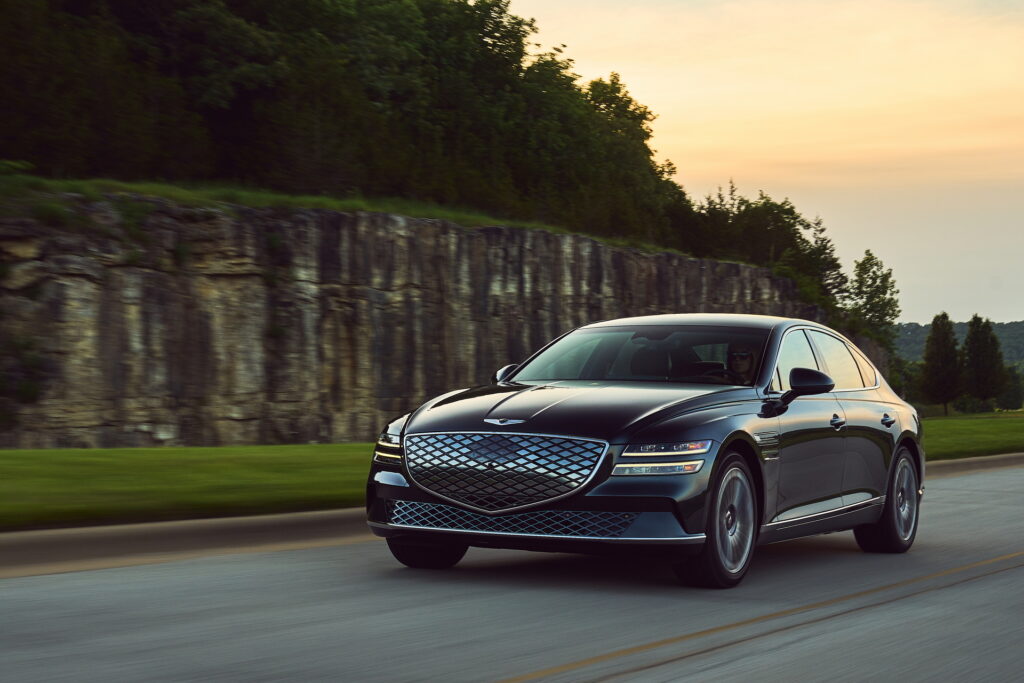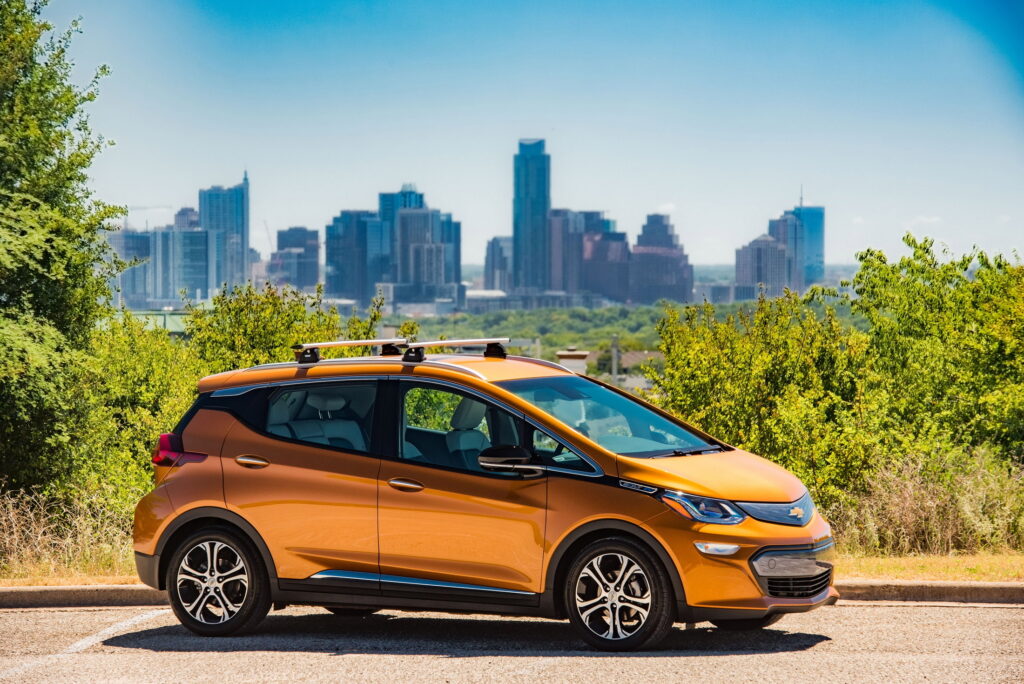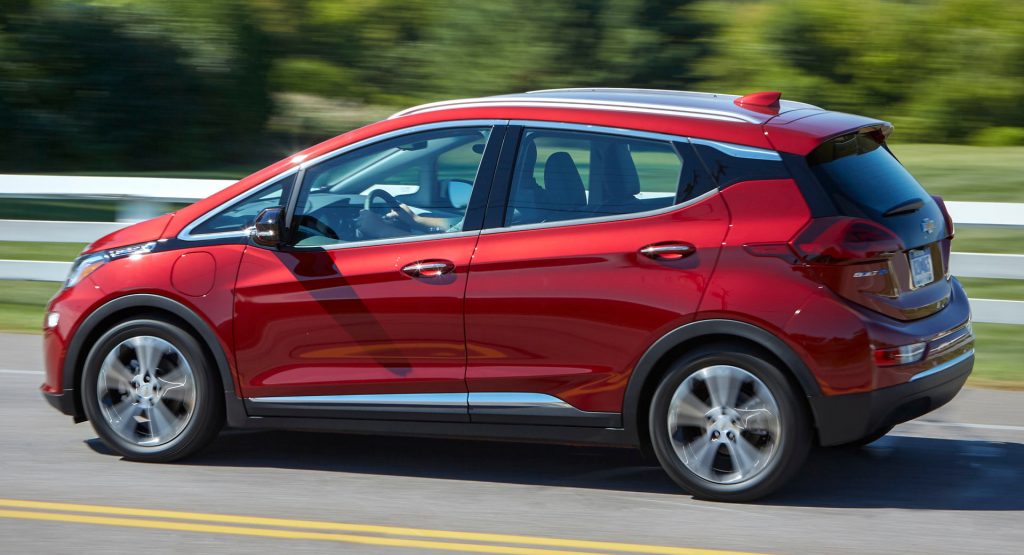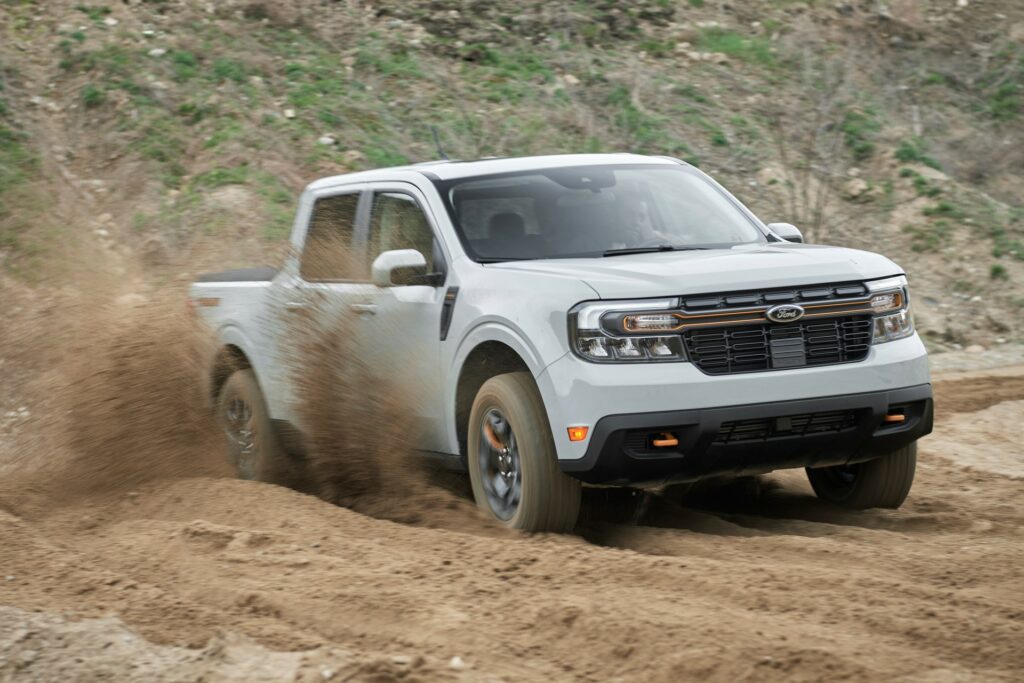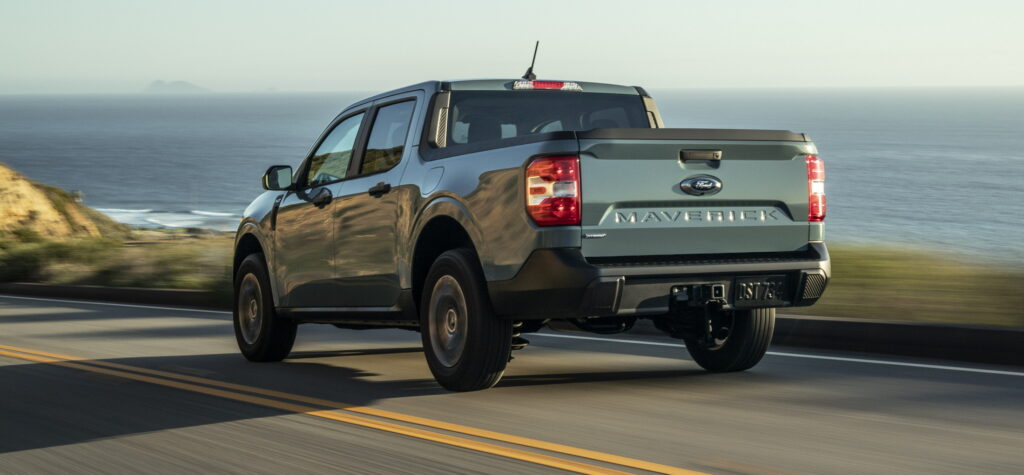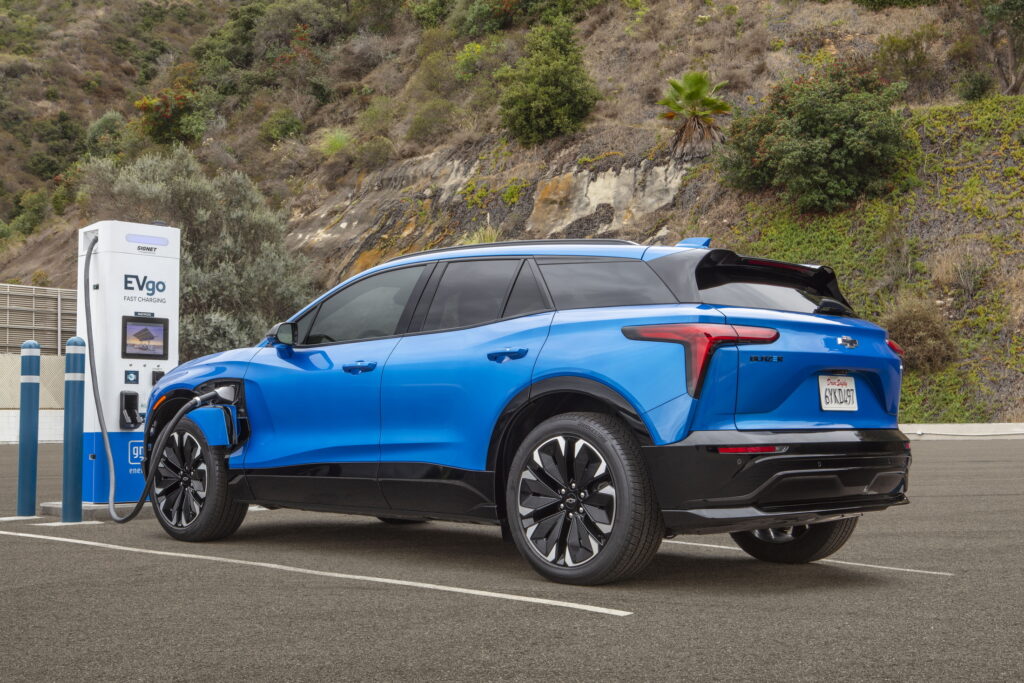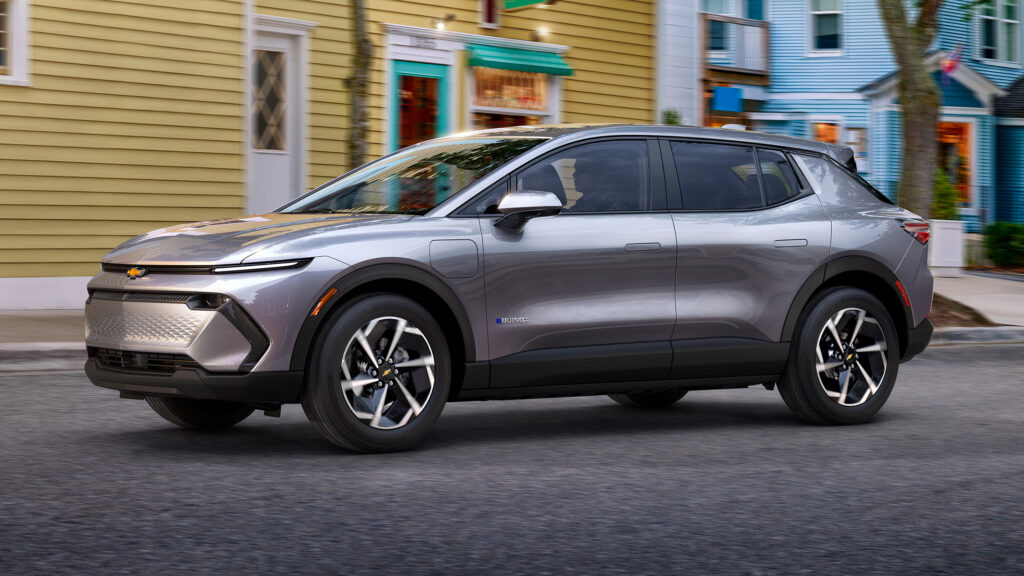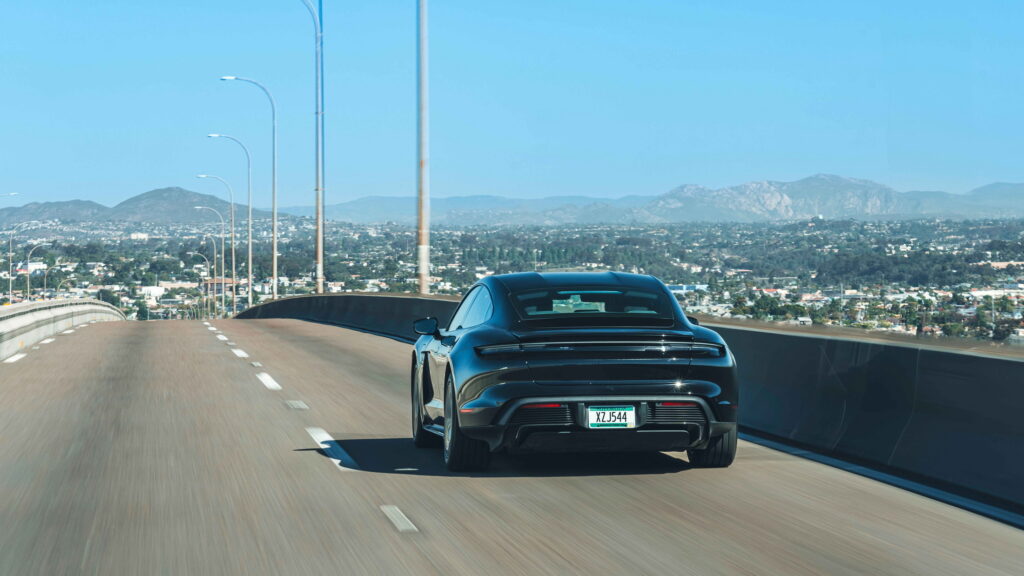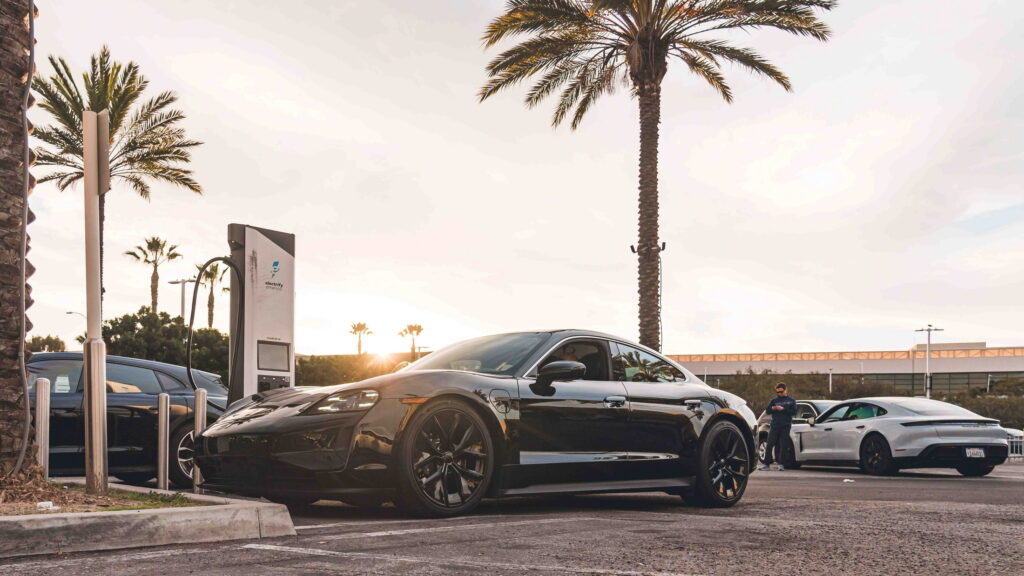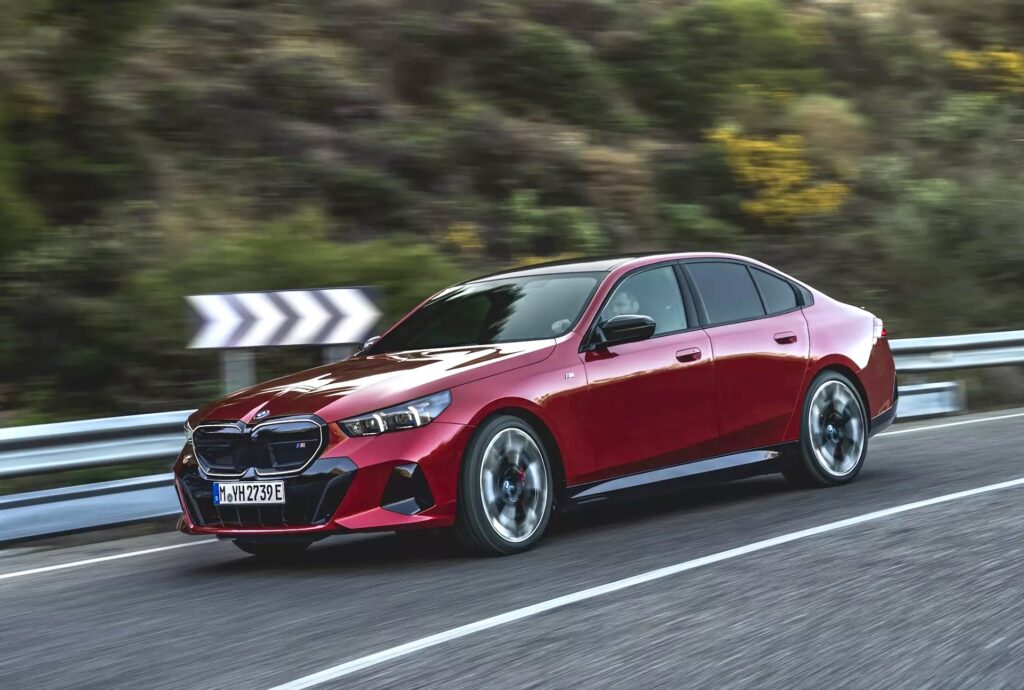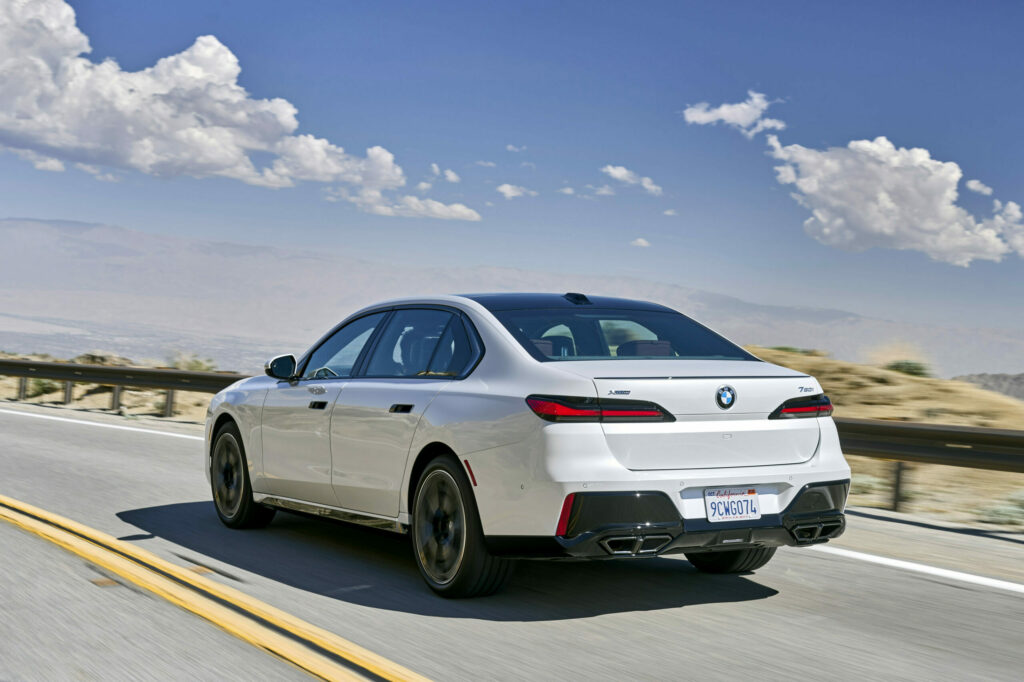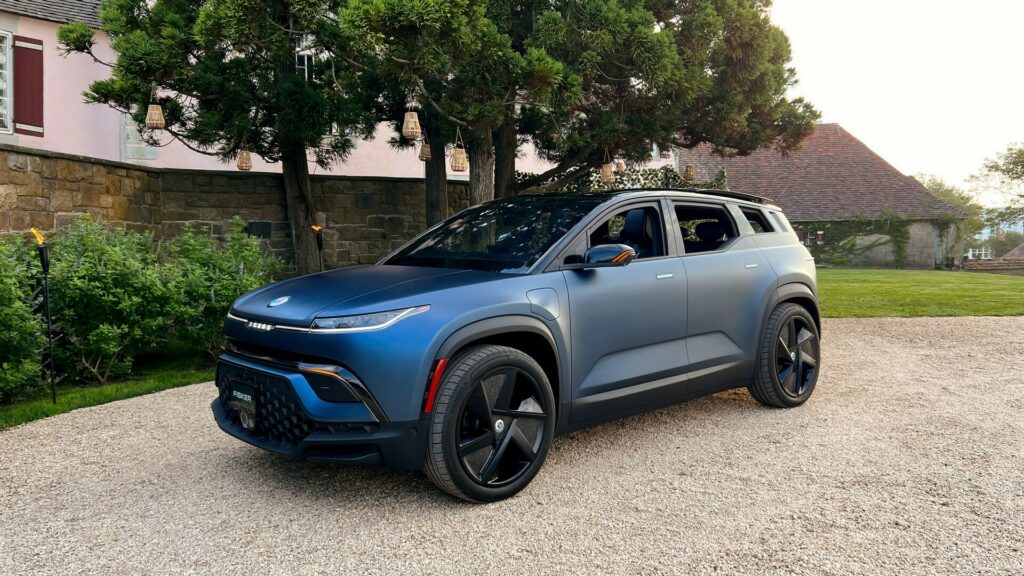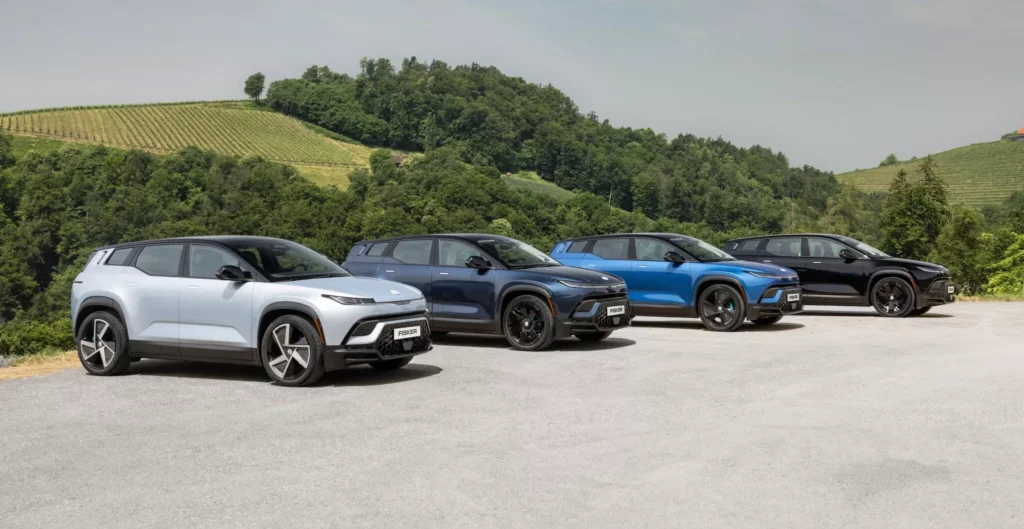Jaguar Tells 34 I-Pace Owners Not to Park Near Structures Over Fire Risk
- Owners of the impacted I-Pace models will be alerted to the new recall by February 7.
- The EV from Jaguar has experienced fire risk issues for several years.
- Jaguar recently announced a buy-back scheme of over 2,700 I-Pace models.
Jaguar Land Rover has instructed almost three dozen I-Pace owners in the US to avoid parking their EVs near structures and to limit charging to 80% because incorrectly repaired examples are at risk of catching fire.
This recall follows on from an earlier one impacting 2019 Jaguar I-Pace models. The brand says 34 vehicles in the US have not had software updates correctly installed and have a safety defect that can cause the EVs to catch fire. Impacted models were assembled between February 18, 2018, and March 11, 2019.
Read: Jaguar Is Buying Back 2,760 Faulty I-Pace EVs Over Fire Risk
Jaguar started to audit its previous recall on November 12 and found three vehicles that had not been correctly updated, even though retailers had submitted a claim for the repair to the carmaker. Jaguar has since reviewed the logs across its retail network and found that 34 vehicles continue to represent a safety risk and must be fixed. While there have not been any reports of accidents, injuries, or fires, it’s a fault that owners should take seriously. The recall also comes just a few weeks after Jaguar said it was buying back 2,760 I-Paces in the US that can catch fire.
Dealers will be notified of this latest recall on January 2, while owners will be informed by February 7. Retailers have been instructed to install an interim software update to fix the fault.
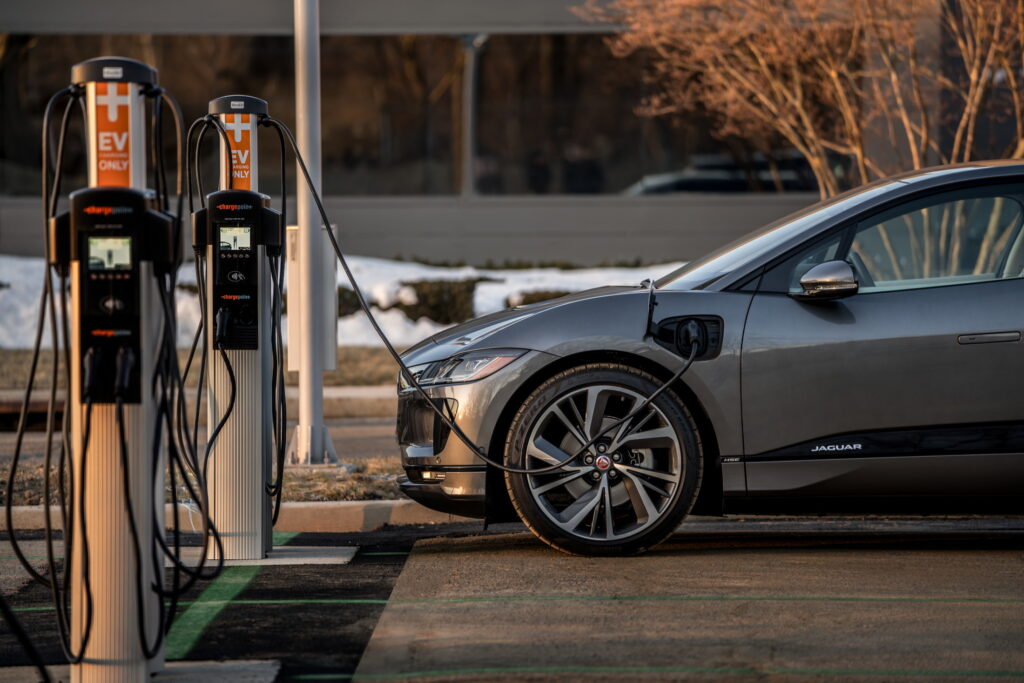
Interestingly, JLR first issued this new recall with the National Highway Traffic Safety Administration (NHTSA) on December 12 and did not tell owners to park their EVs away from structures. However, the recall notice was updated on December 17, warning owners of the dangers.
“In line with recommendations made by manufacturers who have had similar issues and until such time as the safety recall remedy has been completed, retailers and customers should park away from structures,” the recall states. “Where possible, vehicles should be charged outside. Customers should also limit their charge to a maximum of 80% until the recall remedy has been completed. The Owner Manual should be consulted to confirm how to monitor vehicle charge level.”

